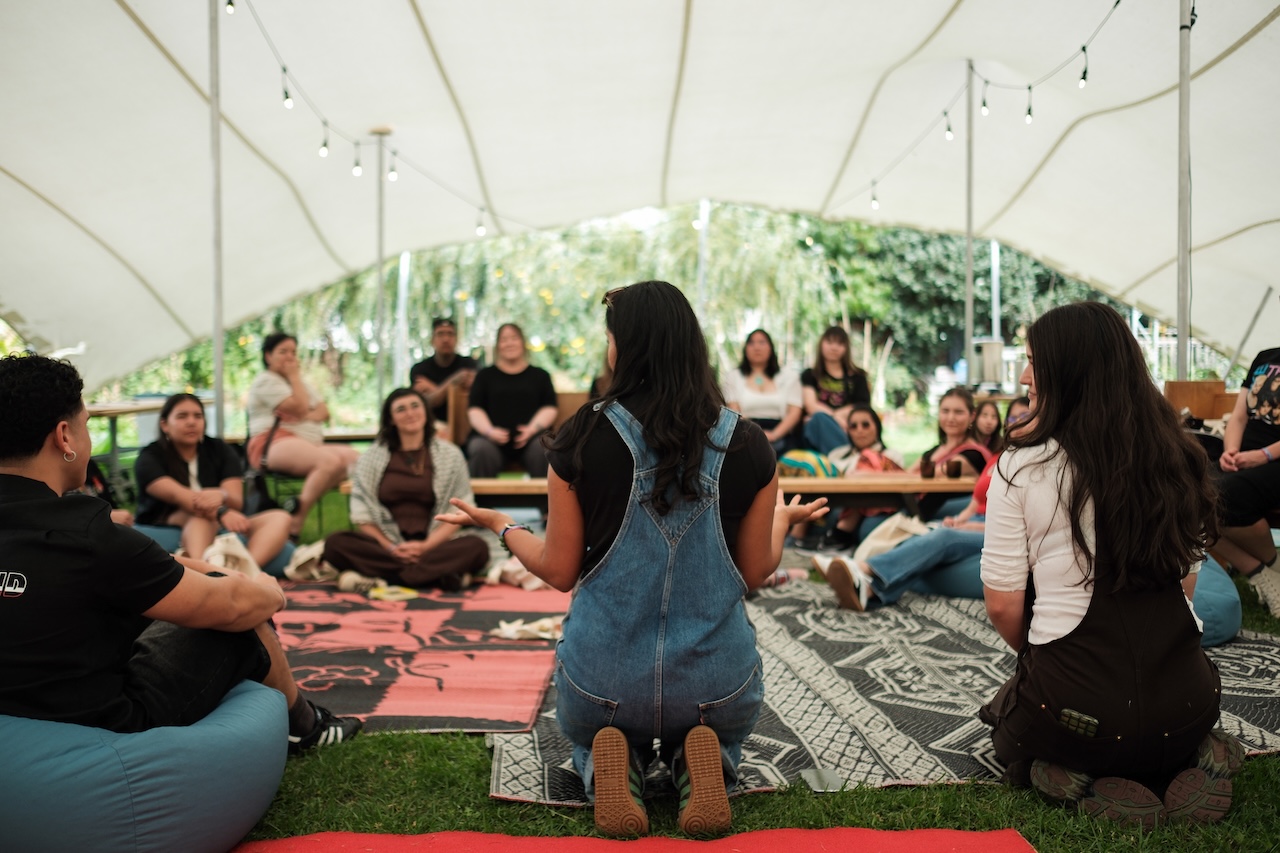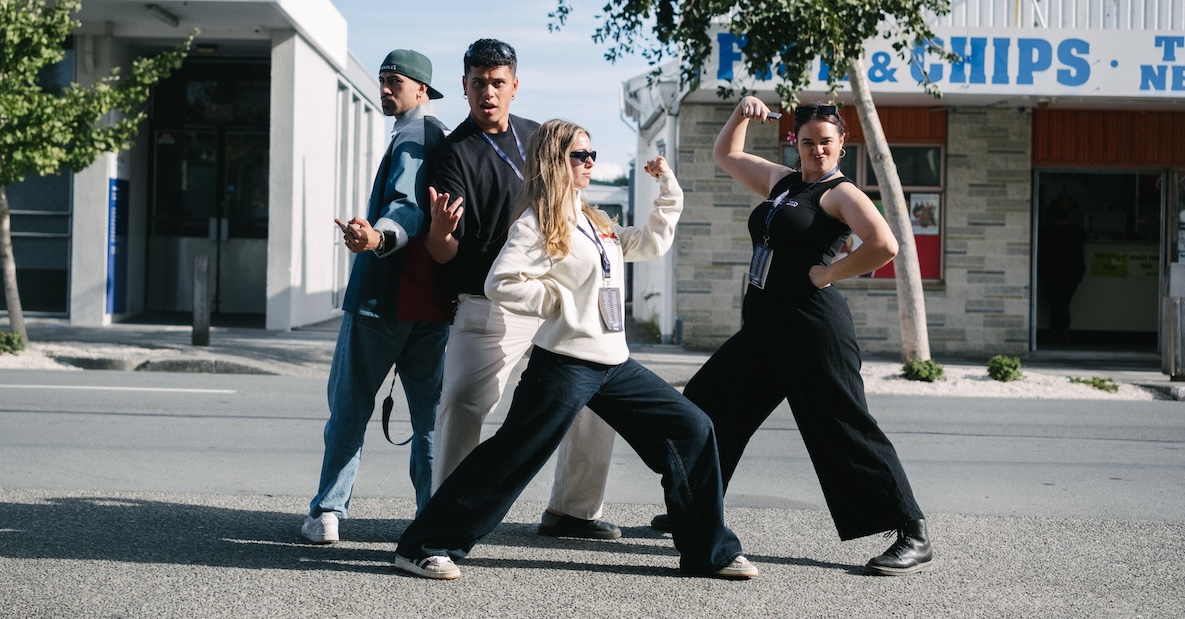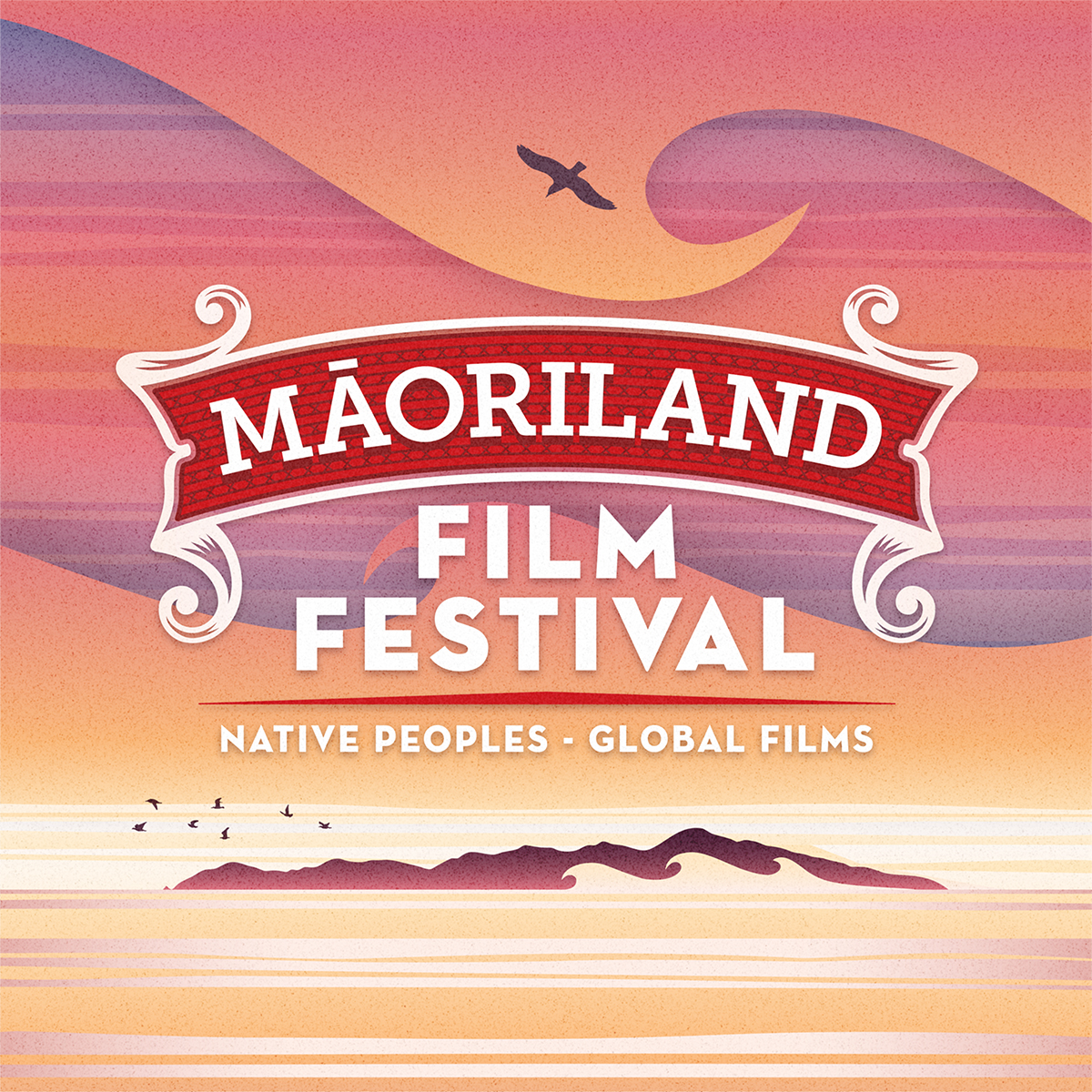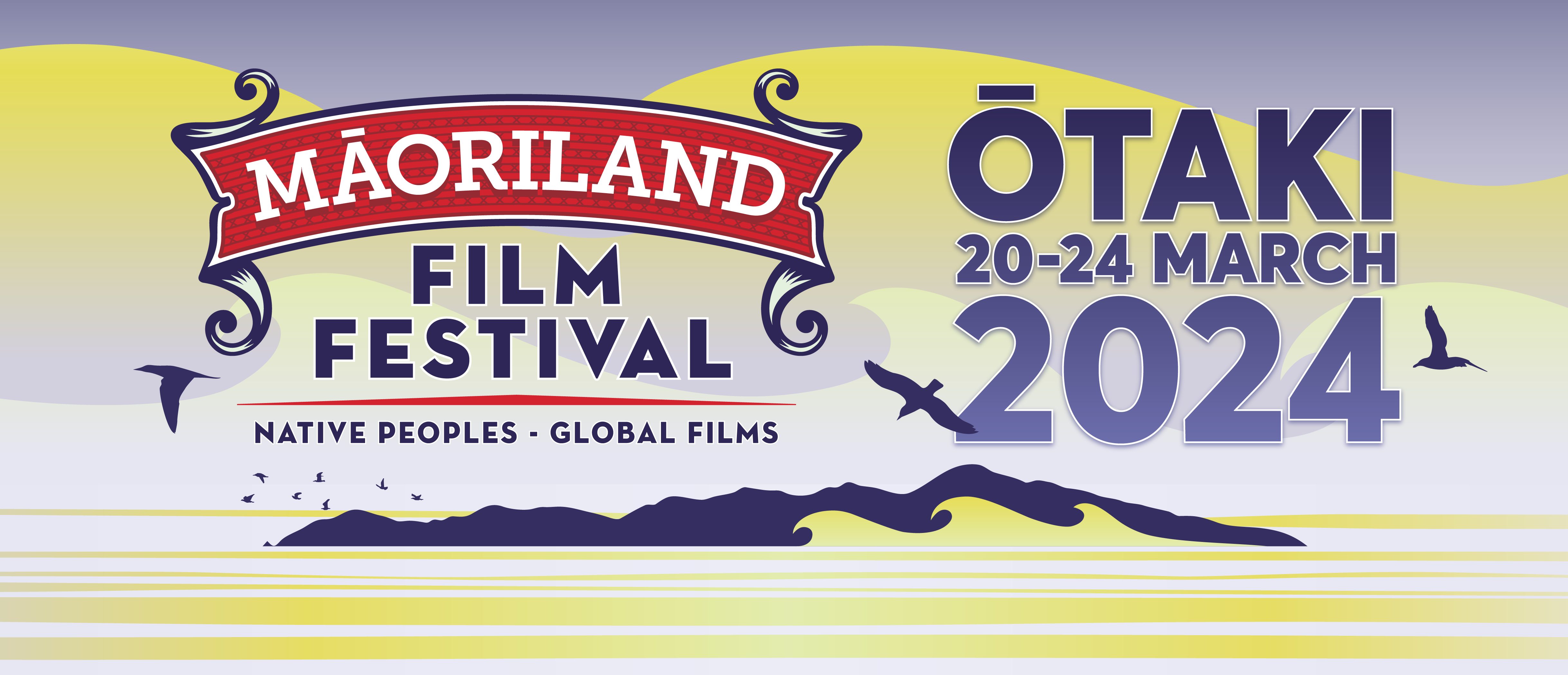
2024 Māoriland Film Festival hosts the largest programme to date
168 works from 130 Indigenous nations to screen at Māoriland Film Festival in Ōtaki – 20th to 24th March 2024
The largest Indigenous film festival in the world is back in 2024, presenting 168 films and video works from over 130 Indigenous nations across five days in sunny Ōtaki on the Kapiti Coast in Aotearoa, New Zealand.
The Māoriland Film Festival returns for its eleventh year with the largest programme to date, including 11 feature films, eight feature documentaries and 16 short film programs.
Festival director Madeleine Hakaraia de Young said 2024 saw the largest number of eligible films submitted for program consideration to date, with films from Aotearoa, Australia, Canada, United States, Finland, Norway, Kazakhstan, Brazīl, Chile, Colombia, Cook Islands, Greenland, Fiji, India, Kenya, Marshall Islands, Palestine, Mexico, Nepal, Russia, Sierra Leone, Taiwan and more.
“Every year, we see the groundswell of Indigenous storytelling continue to grow. Māoriland is a global event – so we prioritise bringing new communities and voices to the festival. ,” says Hakaraia de Young.
“It’s never been more important for Indigenous voices to be heard. We see the power of film storytelling to grow empathy and create change. Every success in our Indigenous screen community grows our ability to go further.
“The theme of this year’s festival “Kia Tau Te Rongomau” is a call for peace. We have worked with Rachael Rakena to curate an exhibition down Ōtaki’s Main Street with artists Tāme Iti, Regan Balzer, Johnson Witehira and Ngataiharuru Taepa in response to this theme.
“We’re honoured to have these esteemed artists share their response to our theme as our 2024 Māoriland Keynote at Rangiātea Church on Wednesday, March 20th.”
Screenings will then open that evening with the world premiere of season two of the Reciprocity Project, a series of short films which reframes the relationship we have with Earth, other living beings, and one another. They ask – what does a ‘return’ to land, language, and reciprocal practices mean to you and your community?
With seven films from seven nations (United States, Canada, Finland, Rotuman, Taiwan, Sierra Leone & Kenya), the project explores the time-honoured and current ways of Indigenous being in the face of the current climate crisis.
All seven Reciprocity Project teams will attend the festival with an in-person Q&A following the screening. Filmmaker participation is an aspect that sets the Māoriland Film Festival apart from other festivals in Aotearoa.
Māoriland anticipates 2024 will see the highest number of filmmakers in attendance yet with Q&As to be presented at most screenings.
A further highlight of the 2024 program is a spotlight on Indigenous Australia, including several feature and short films.
“We have chosen to highlight films from Te Whenua Moemoea – Australia – our Indigenous cousins across the sea. Their national referendum about whether there should be a dedicated Aboriginal voice in their parliament coincided with our own general election here in Aotearoa,” says Hakaraia de Young.
“Our Māoriland team were on Gadigal country in Sydney that week for a major festival on arts and technology. As we participated in panels on Indigenous potential and collaboration, we saw the injustice of an Indigenous political voice that had been crushed.
“We felt the mamae in the hearts and souls of filmmakers from Country. We believe that by sharing their stories, we can find ways to support each other going forward.”
Set in 1940s Australia, The New Boy depicts the mesmeric story of a nine-year-old Aboriginal orphan boy who arrives in the dead of night at a remote monastery run by Sister Eileen.
Created by acclaimed Kaytetye director Warwick Thornton and starring Cate Blanchett, the film depicts a tale of spiritual struggle and the cost of survival.
The documentary You Can Go Now shares the story of First Nations artist Richard Bell, whose confrontational work and attitudes have stirred the Australian art world.
He challenged the status quo with his manifesto, labelling the Aboriginal Art industry as ‘a white thing’ defined by colonial power structures that profit most from it.
And for closing night, Frybread Face and Me is a coming of age film by Native American director Billy Luther (Navajo, Hopi, and Laguna Pueblo).
The film tells the story of two Navajo cousins from different worlds bond during a summer at their grandmother’s ranch in Arizona while learning more about their family’s past and themselves.
Alongside film screenings, the festival will host Q&A sessions with filmmakers, film industry korero and events, and more.
The Māoriland Film Festival runs from 20th to 24th March across several venues in Ōtaki. Tickets will be available from February 12th on iTicket.
Key Statistics:
- 168 Titles including
- 11 Feature Films
- 8 Documentary Feature Films
- 125 Short Films
- 24 Experimental, Digital, Interactive, Animation & Game works (MATCH Exhibition)
- 130 + Indigenous Nations
- 56 Titles from Aotearoa New Zealand
- 19 World Premieres, 13 International Premieres, 8 Southern Hemisphere Premieres, 47 New Zealand Premieres
About Māoriland Charitable Trust
Māoriland Film Festival is the showcase event of Māoriland Charitable Trust, which grows social, cultural and economic opportunities for Māori & Indigenous film and creativity from the Māoriland Hub in Ōtaki.
